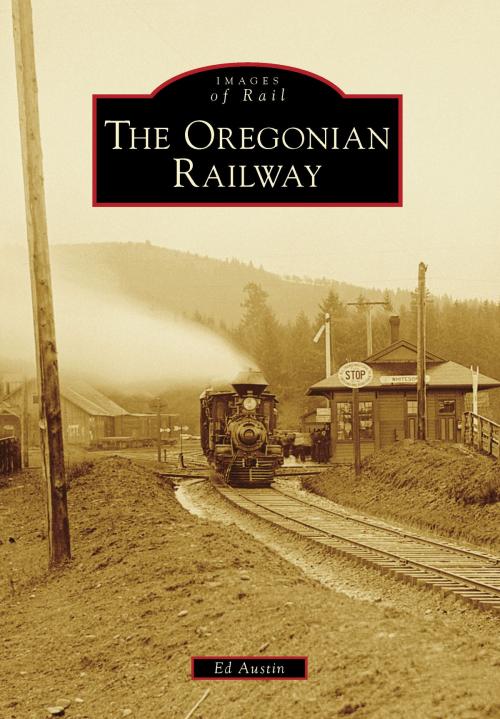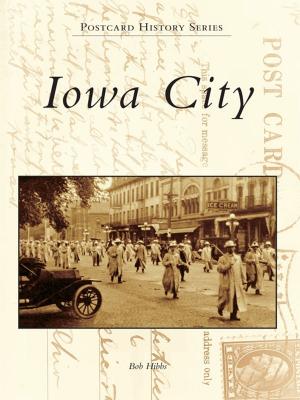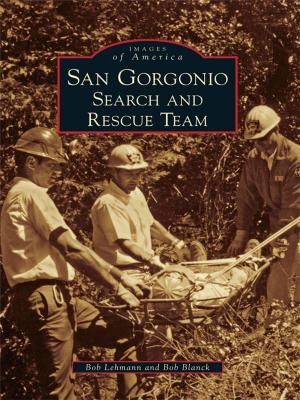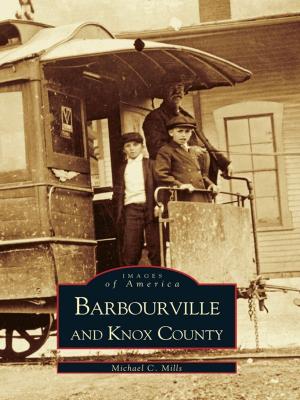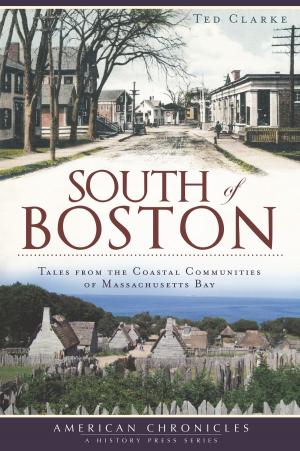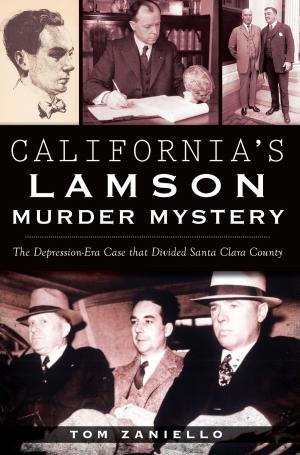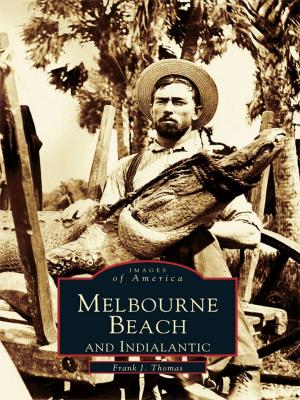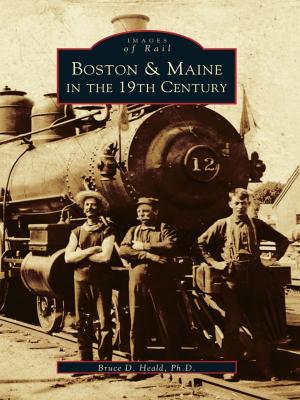The Oregonian Railway
Nonfiction, Reference & Language, Transportation, Railroads, History, Art & Architecture, Photography, Pictorials, Travel| Author: | Ed Austin | ISBN: | 9781439644904 |
| Publisher: | Arcadia Publishing Inc. | Publication: | March 17, 2014 |
| Imprint: | Arcadia Publishing | Language: | English |
| Author: | Ed Austin |
| ISBN: | 9781439644904 |
| Publisher: | Arcadia Publishing Inc. |
| Publication: | March 17, 2014 |
| Imprint: | Arcadia Publishing |
| Language: | English |
To those with an interest in railroad history in the United States, mention of the words "narrow gauge" may bring to mind the extensive three-foot-gauge railroads of Colorado and Utah or perhaps the famous two-foot-gauge lines in Maine. However, few would think first of Oregon and the Pacific Northwest. Nonetheless, between 1877 and 1893, an extensive narrow-gauge railroad developed in Oregon" one that had aspirations of crossing the Cascade Mountains and connecting with the Central Pacific Railroad, thus giving Oregon its first access to the transcontinental railroad system. It is this railroad system, from its inception in 1877 to the present day, that Ed Austin explores herein.
To those with an interest in railroad history in the United States, mention of the words "narrow gauge" may bring to mind the extensive three-foot-gauge railroads of Colorado and Utah or perhaps the famous two-foot-gauge lines in Maine. However, few would think first of Oregon and the Pacific Northwest. Nonetheless, between 1877 and 1893, an extensive narrow-gauge railroad developed in Oregon" one that had aspirations of crossing the Cascade Mountains and connecting with the Central Pacific Railroad, thus giving Oregon its first access to the transcontinental railroad system. It is this railroad system, from its inception in 1877 to the present day, that Ed Austin explores herein.
